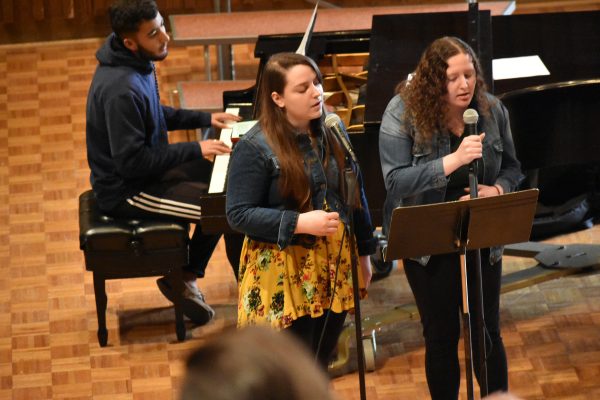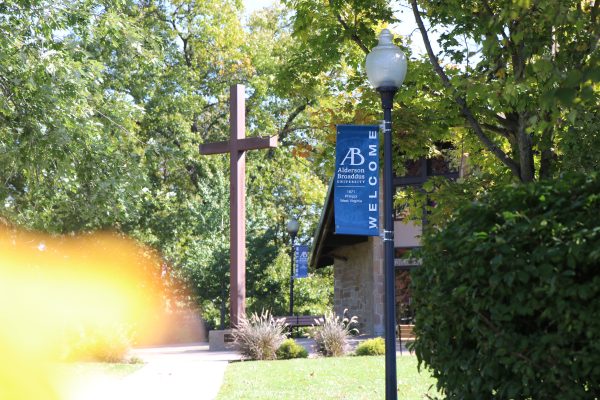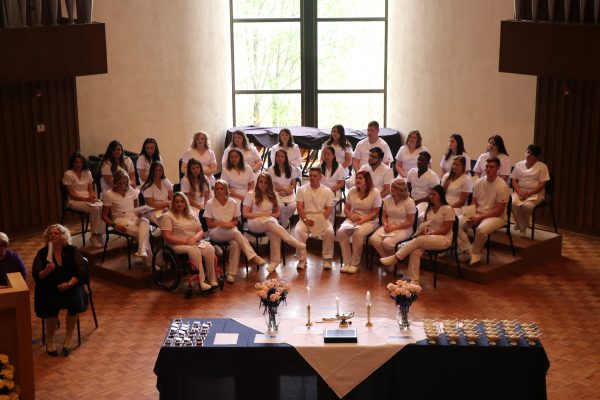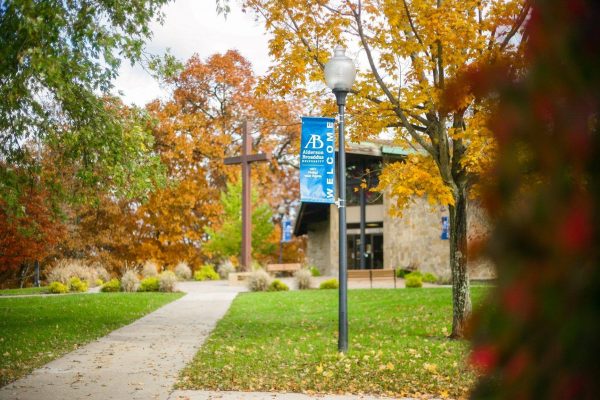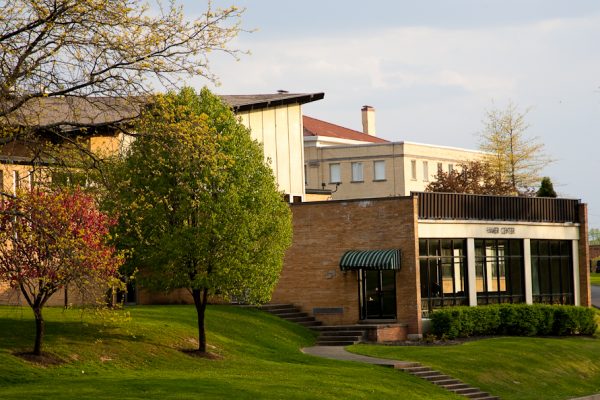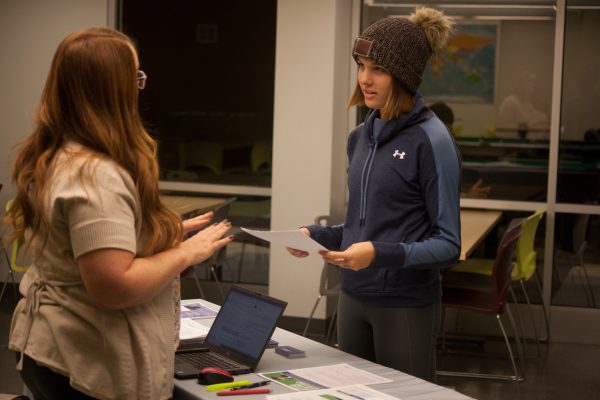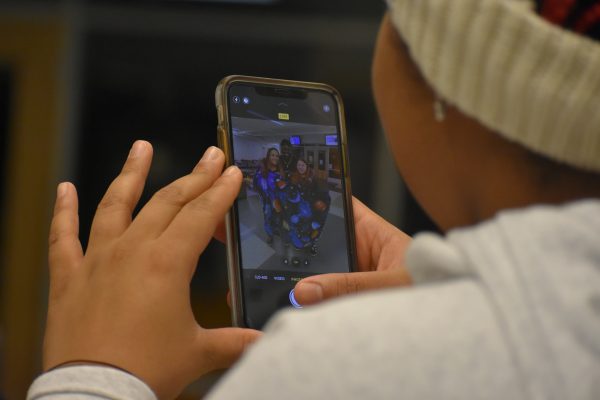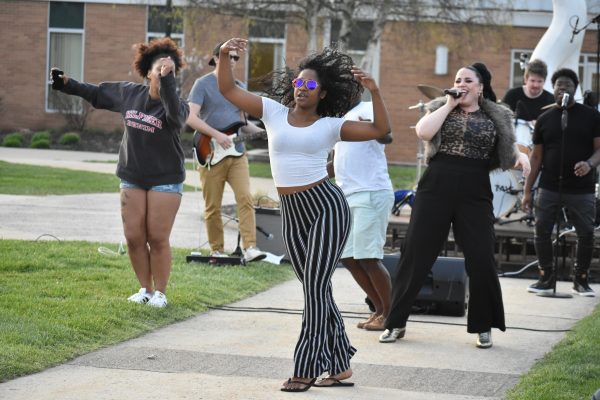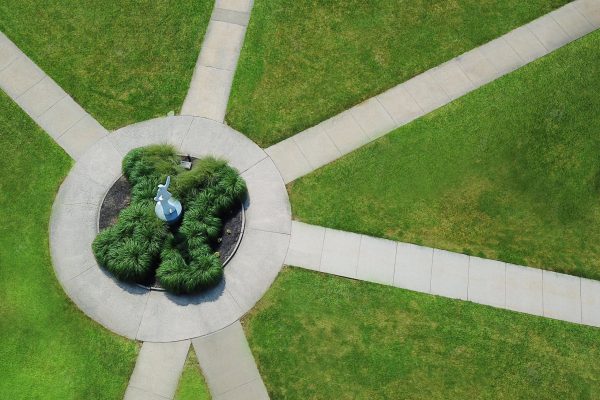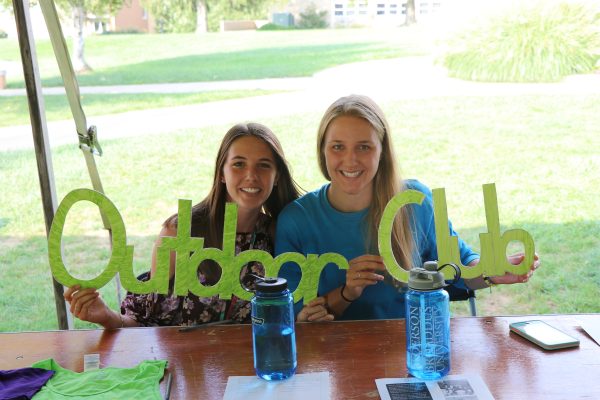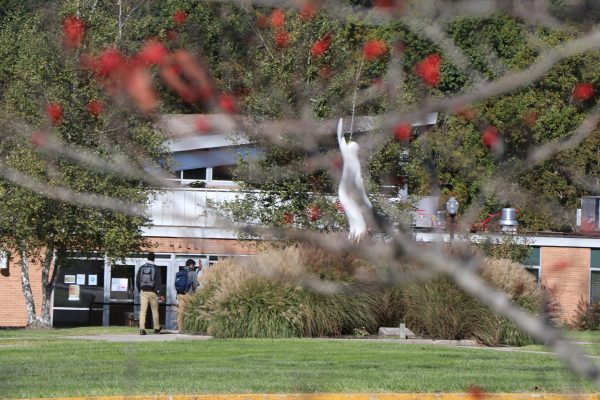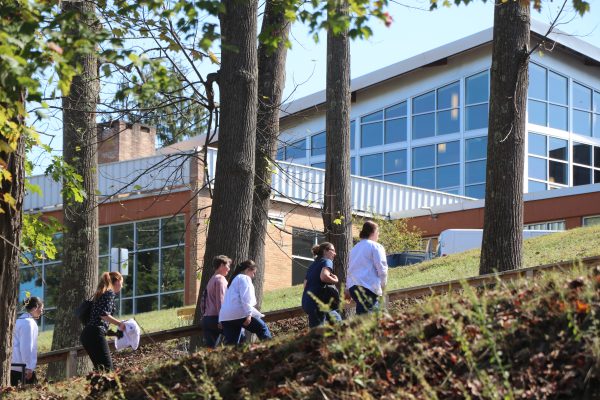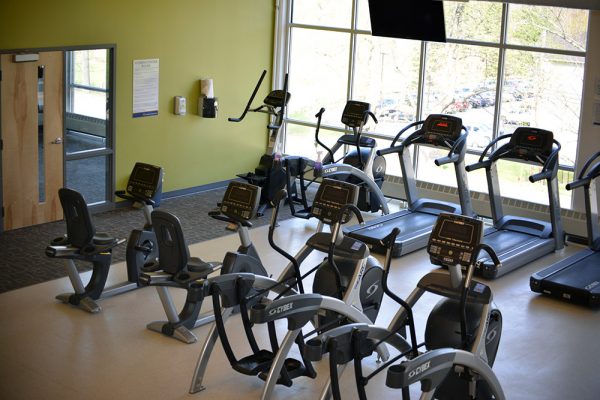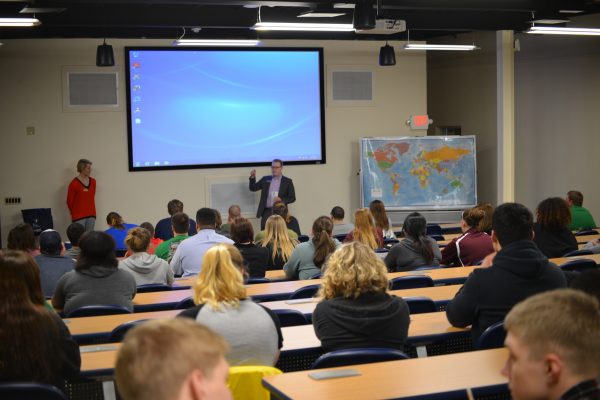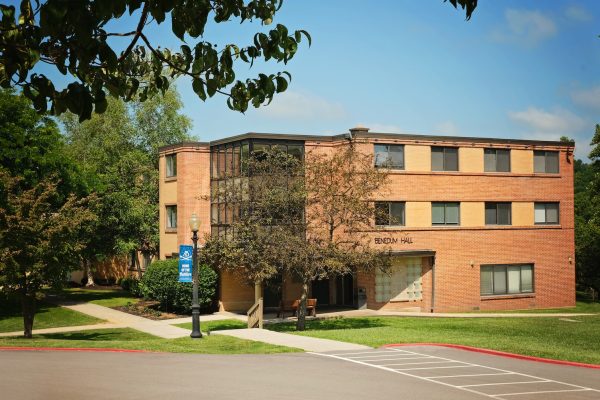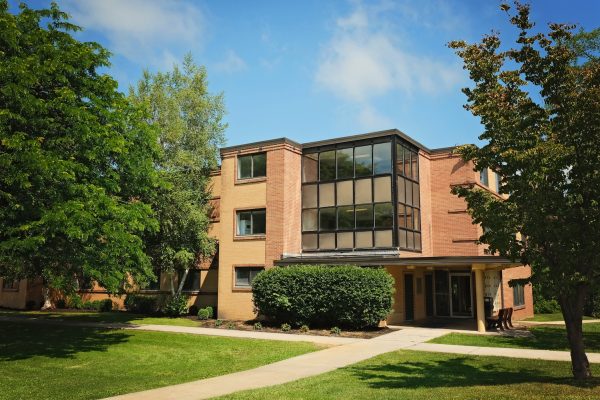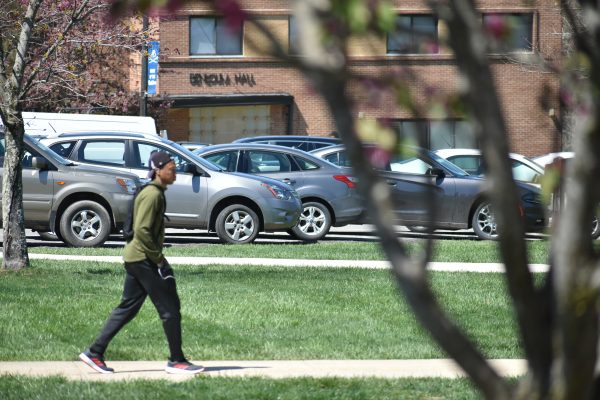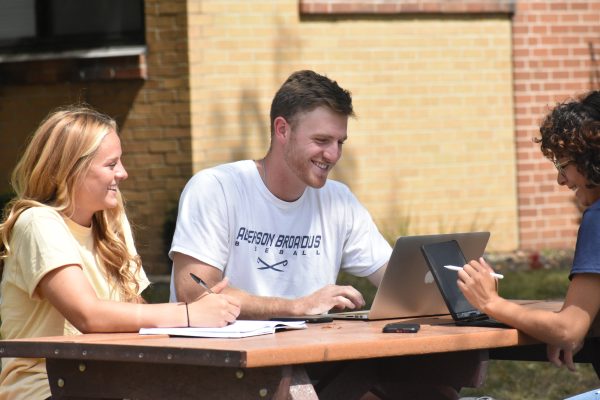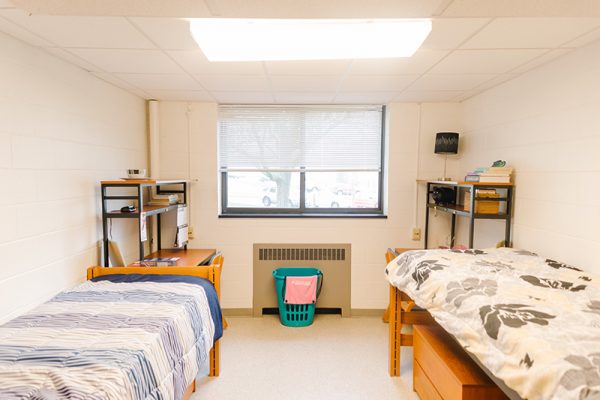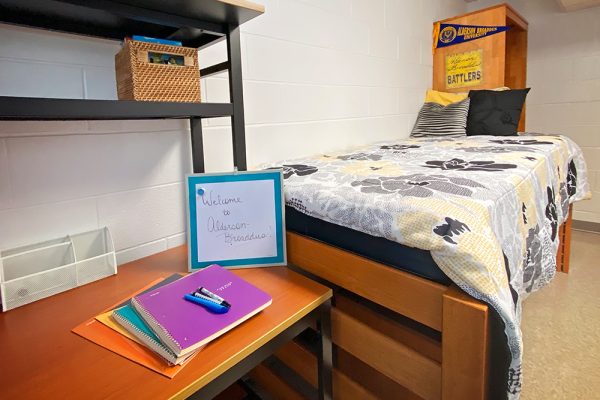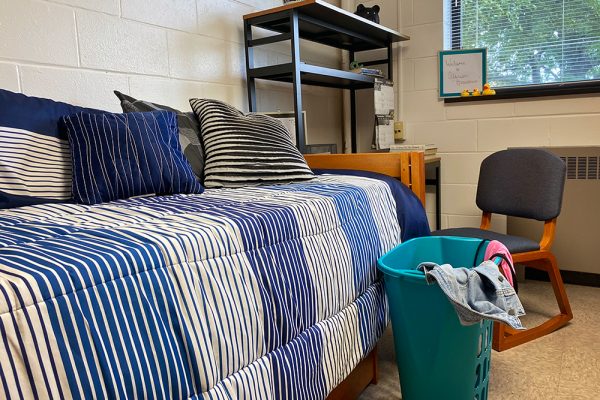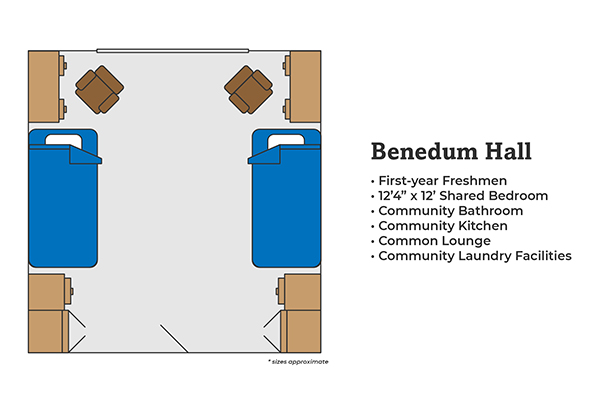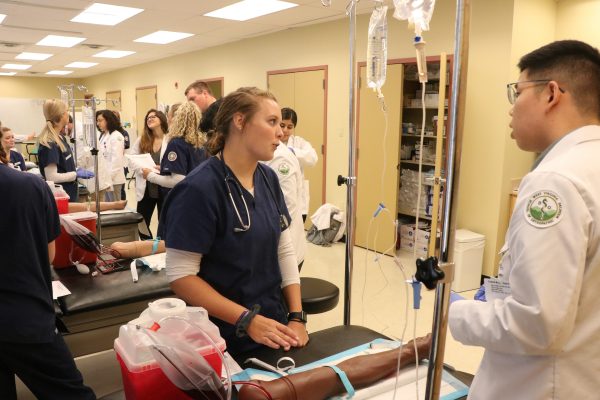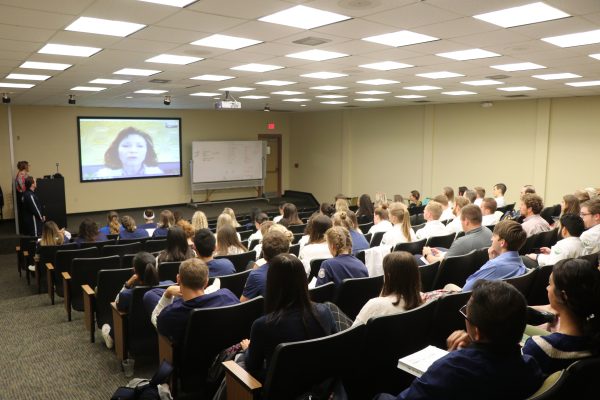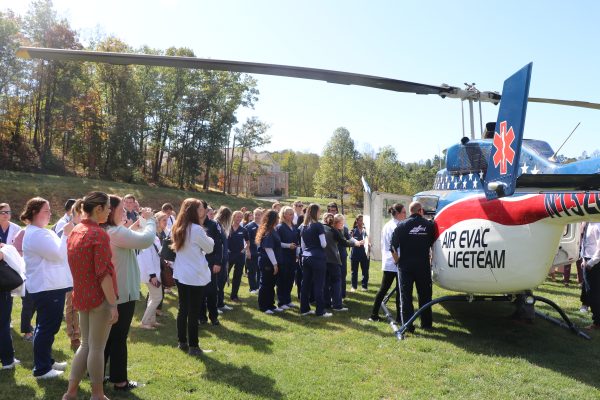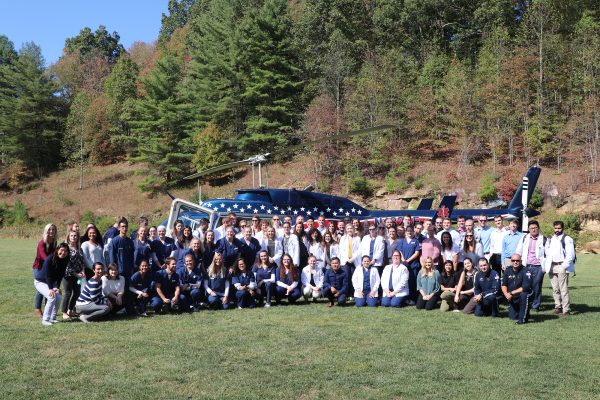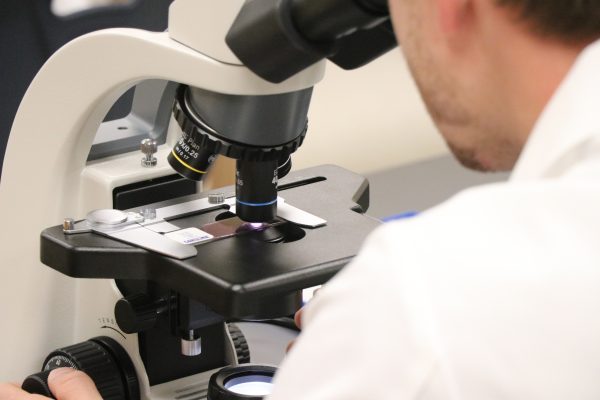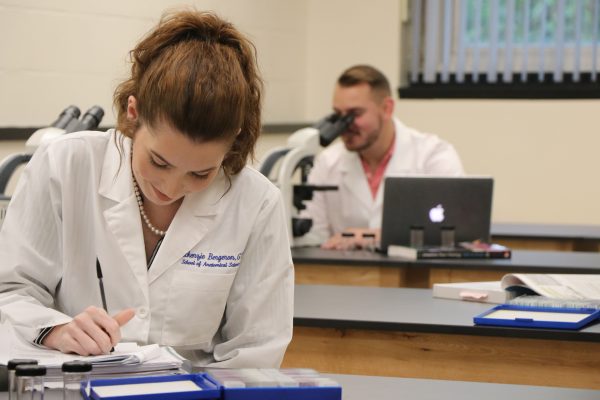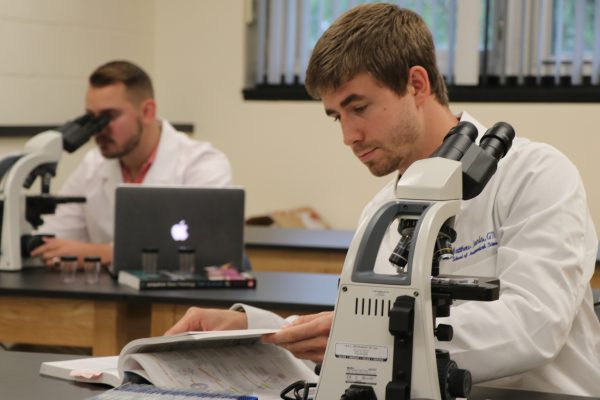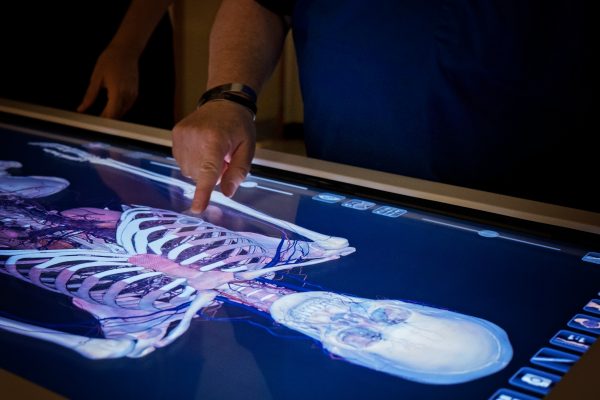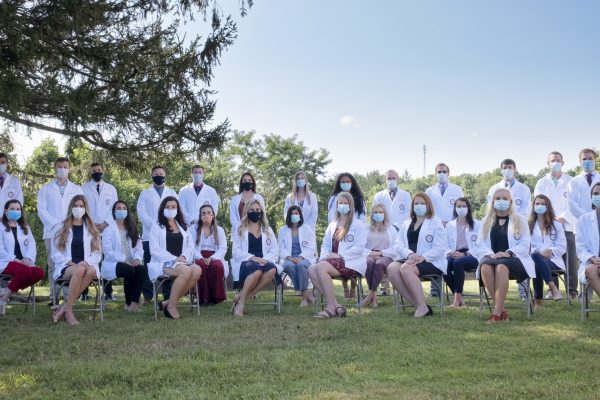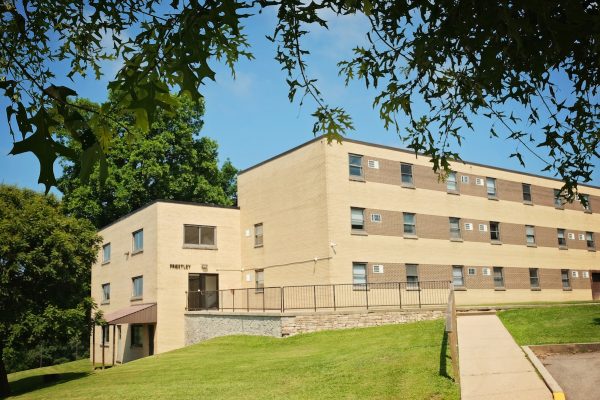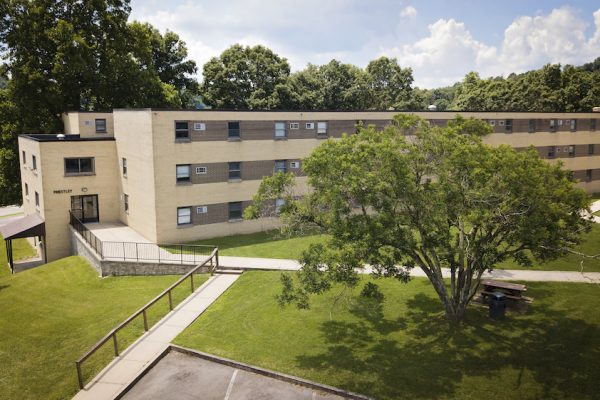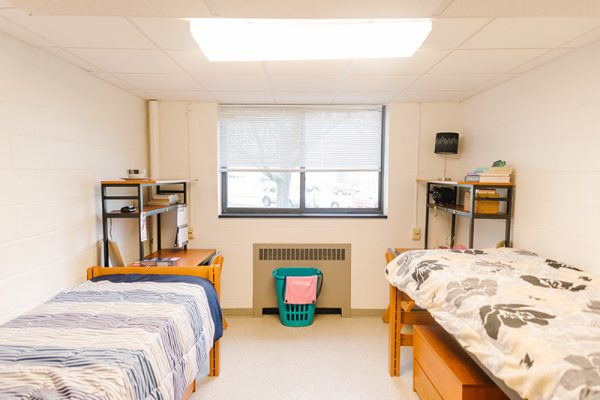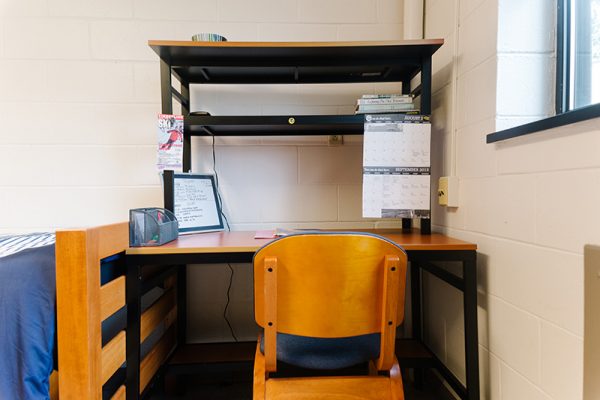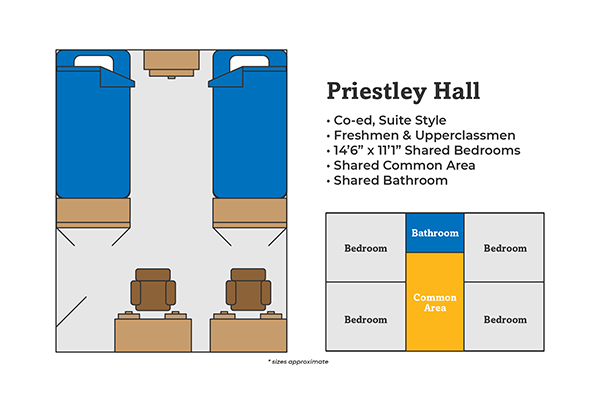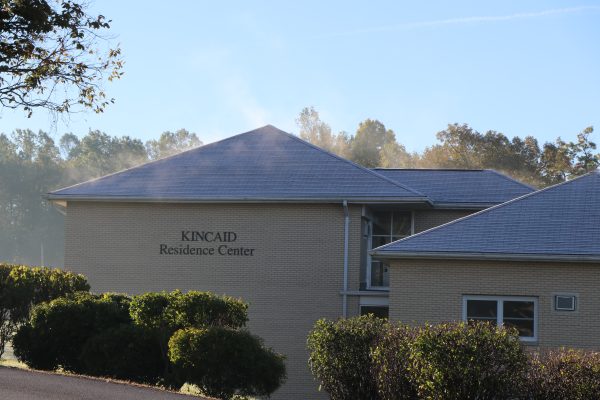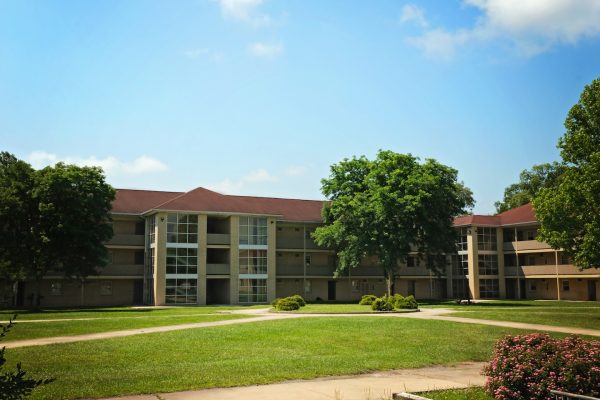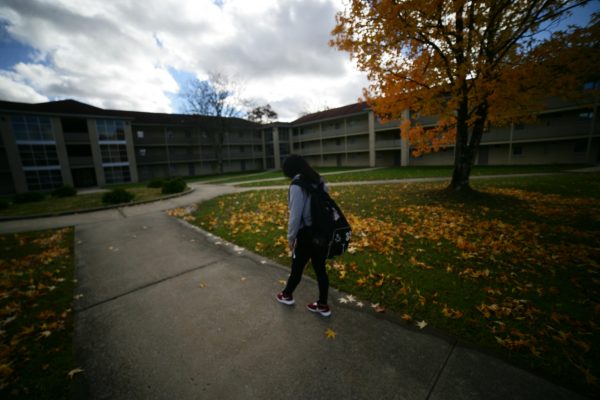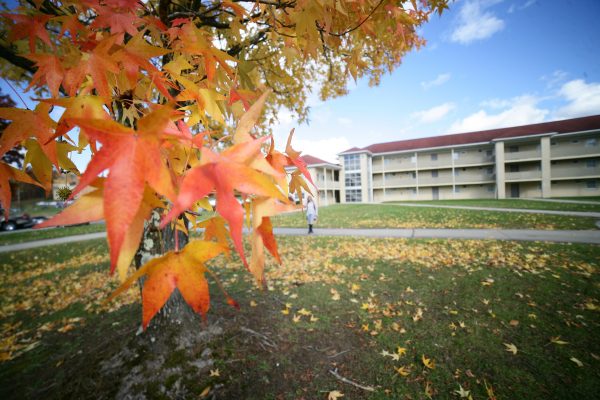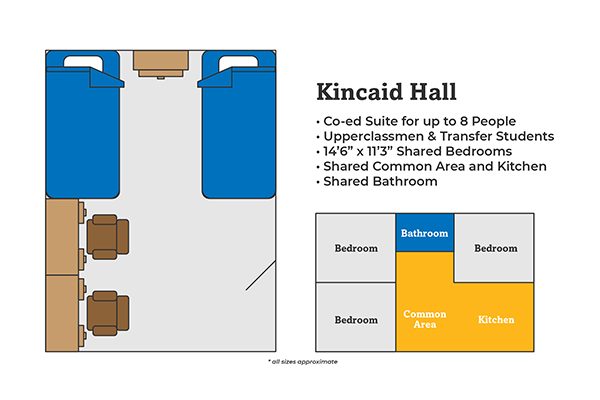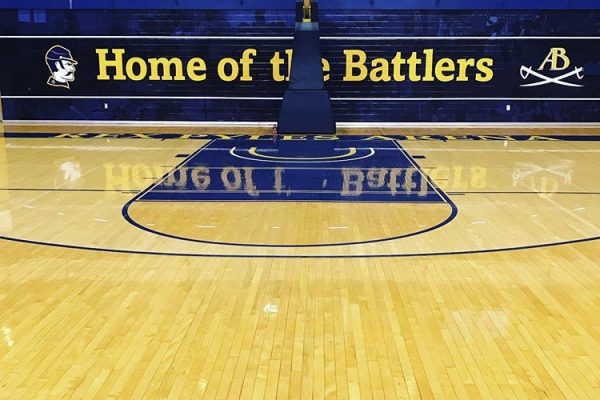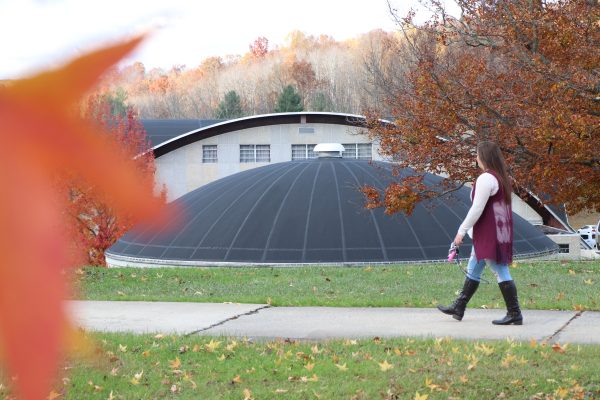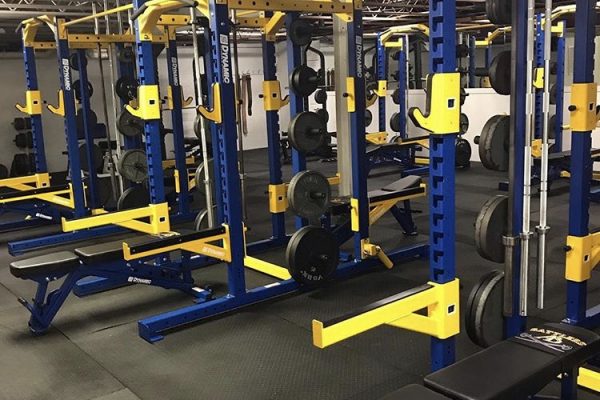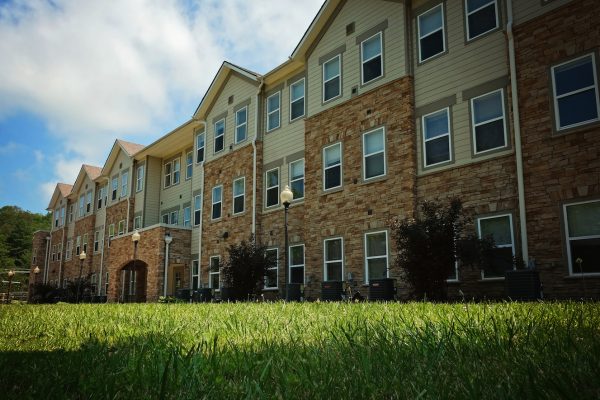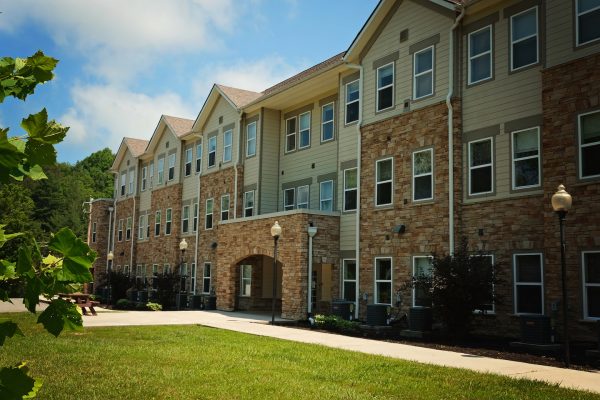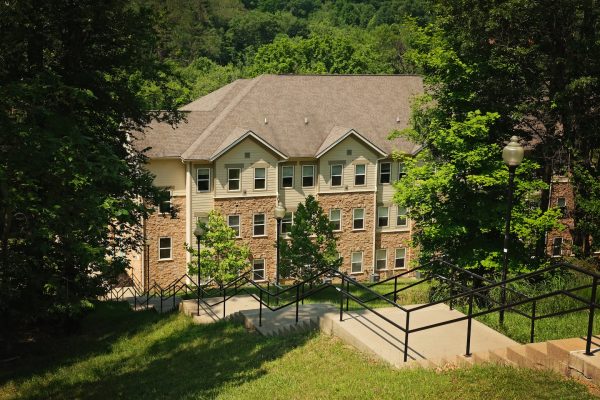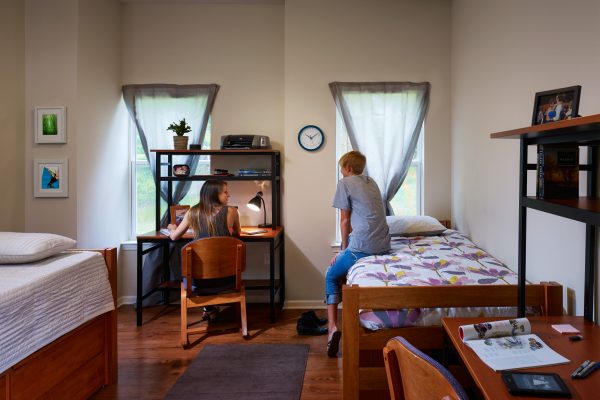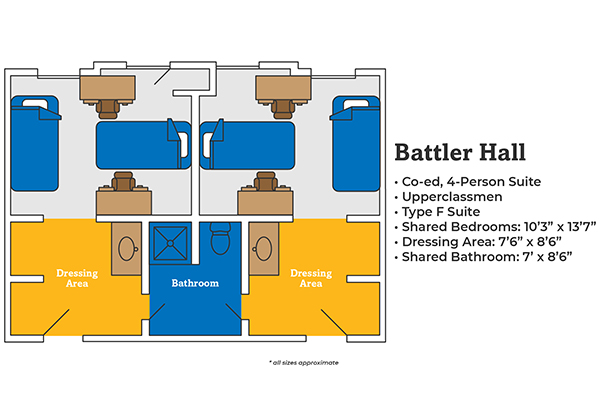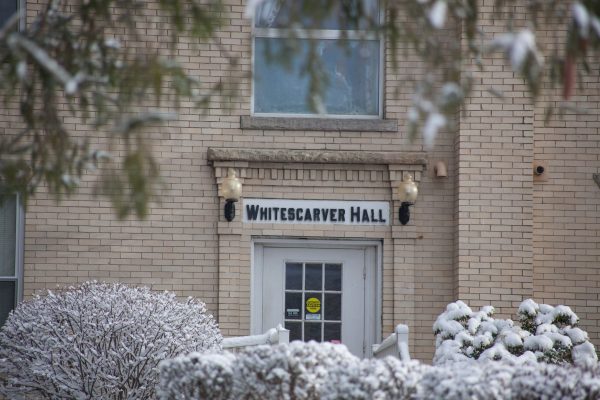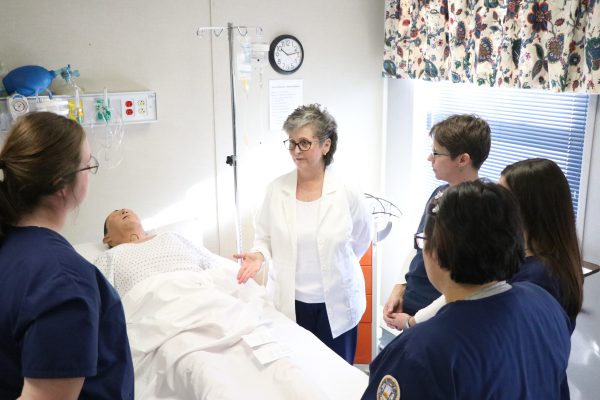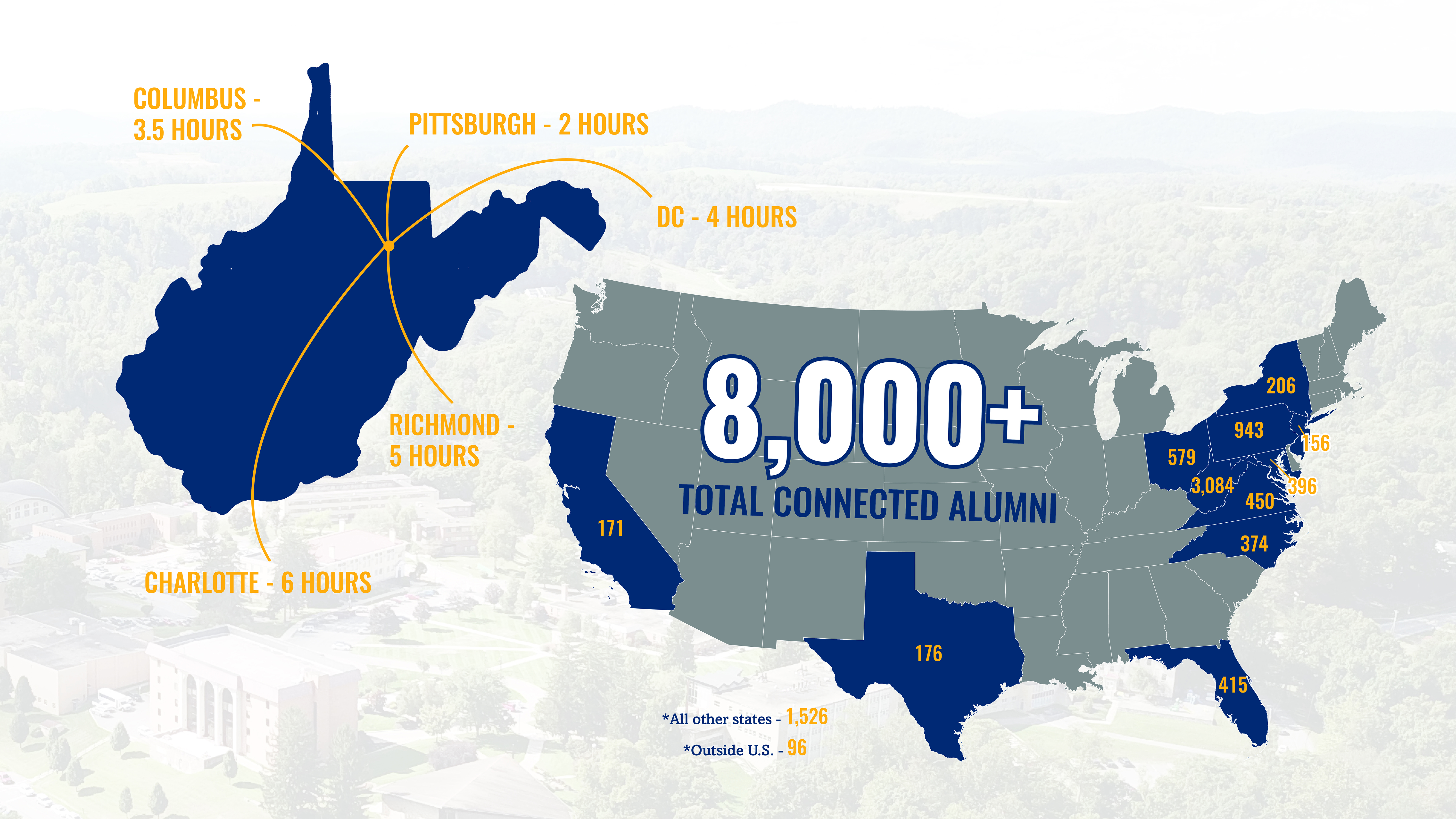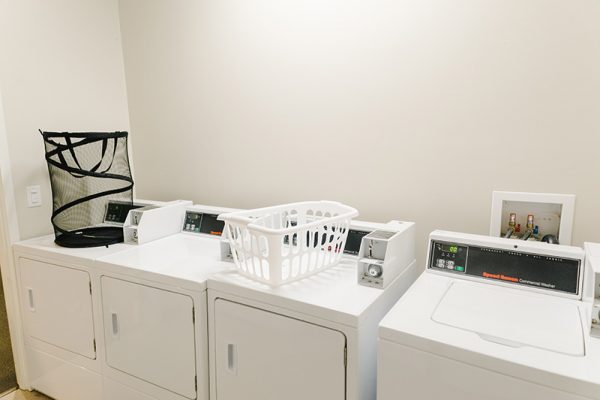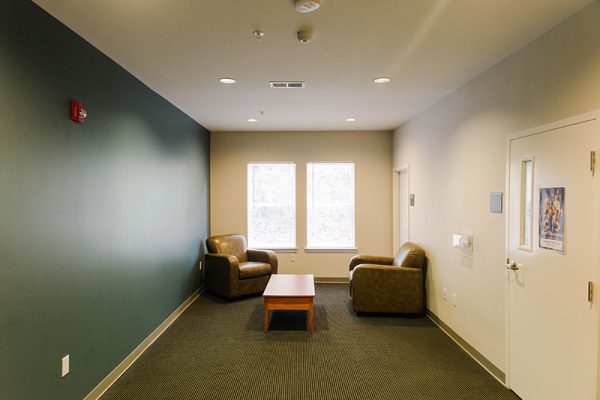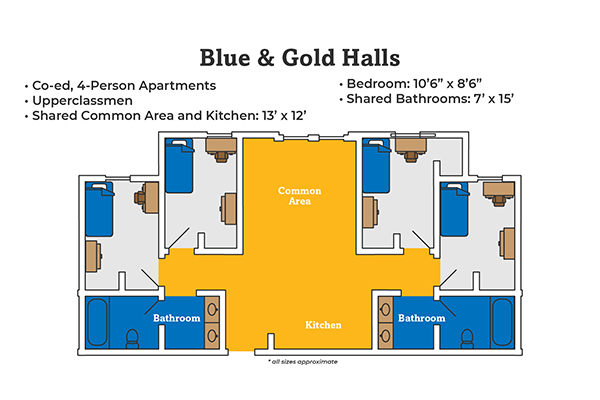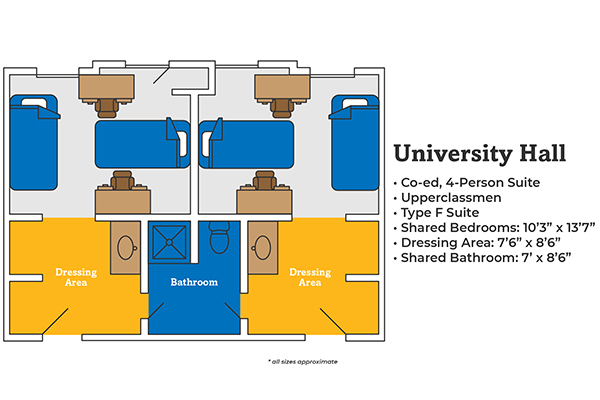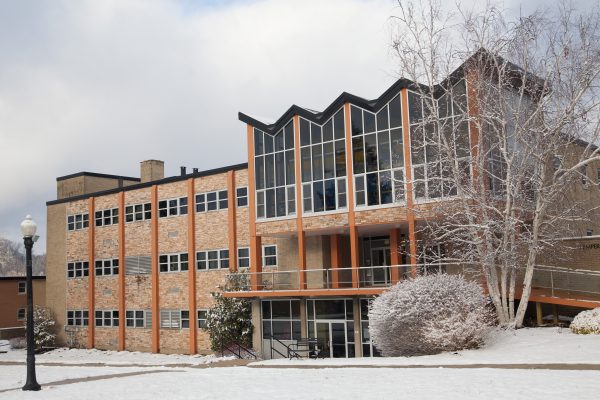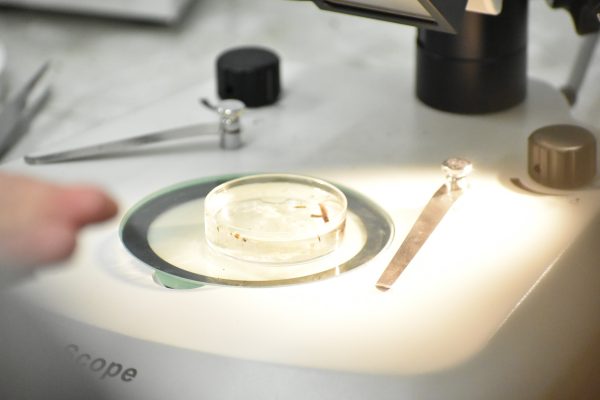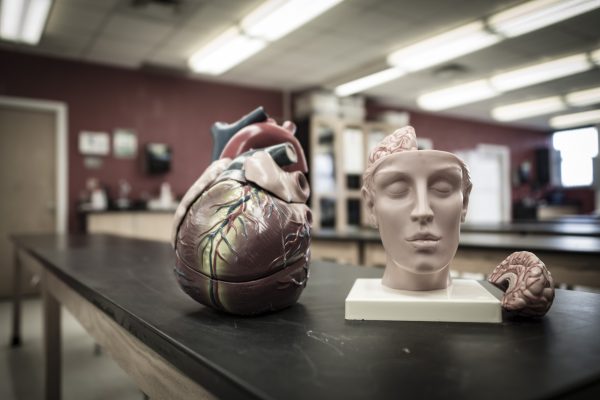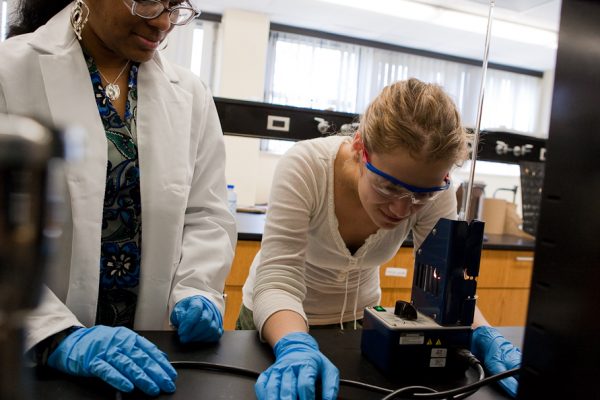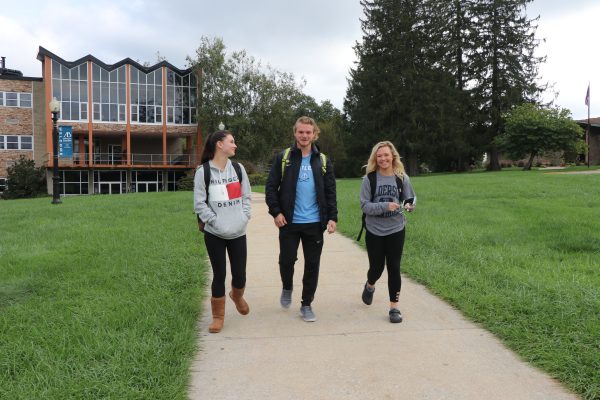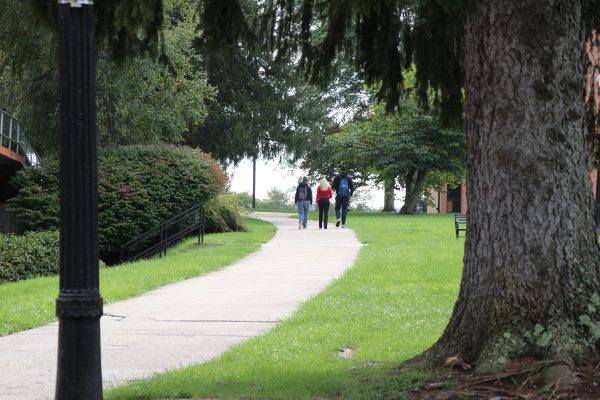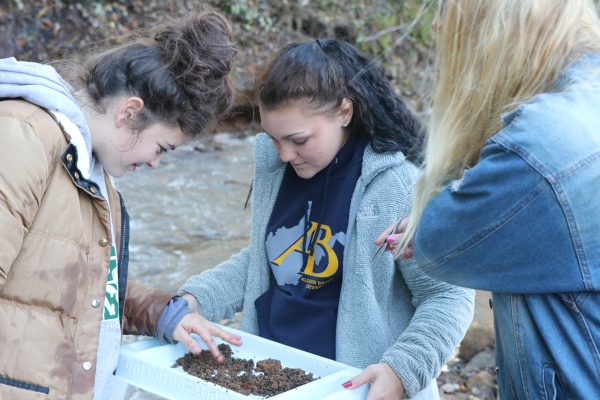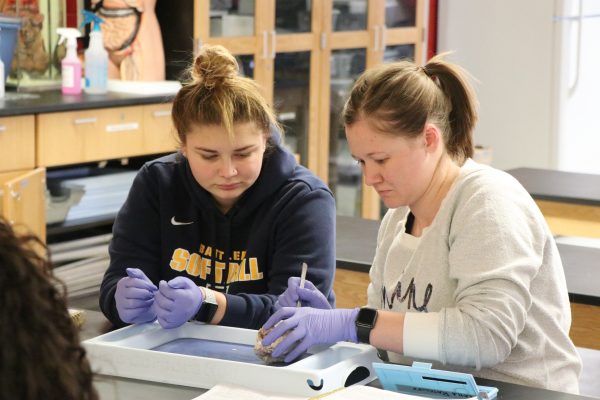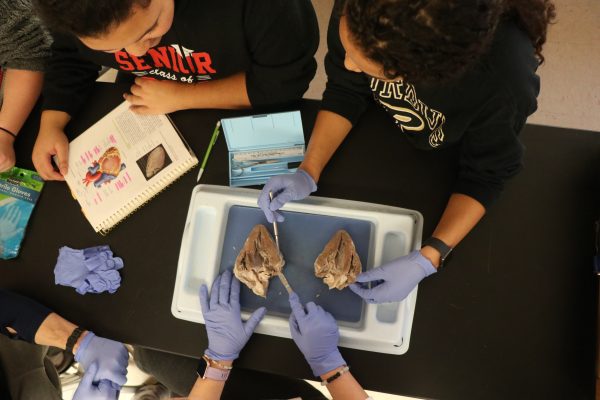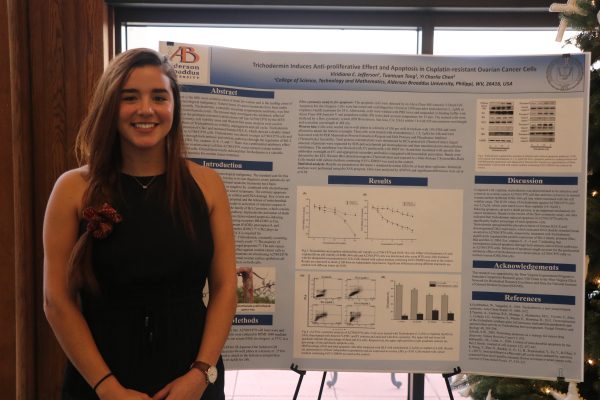Contacts for Victims of Sexual Assault
- Women’s Aid In Crisis – (304) 457-5020
- AB Counseling Services – (304) 457-6320
- Campus Security – (304) 457-7666
- Student Affairs/Residence Life – (304) 457-6213
- National Sexual Assault Hotline – 1-800-656-HOPE
On-line Sexual Assault Resources
- fris.org (West Virginia Foundation for Rape Information and Services)
- rainn.org (Rape, Abuse, Incest, National Network)
- waicwv.com (Women’s Aid In Crisis)
How to Respond to a Sexual Assault- General Guidelines
- After an assault, get to a safe place: a friend or family member’s house/room or any place where people can give you emotional support. If major injuries have occurred, or you still feel unsafe, call 911. Due to the traumatic and/or disorienting nature of a sexual assault, it is strongly recommended that survivors call AB Counseling Services (304) 457-6320, Women’s Aid in Crisis (304) 457-5020, or a Residence Life member.
- These individuals and services can provide immediate guidance for considerations such as: seeking medical attention (for injuries, possible pregnancy, or possible venereal diseases), preserving evidence, telling parents, getting counseling, basic legal options, possible reporting, etc.
- It is strongly recommended for survivors to obtain a forensic medical exam by a Sexual Assault Nurse Examiner (SANE Nurse). Women’s Aid in Crisis and AB Counseling Services are part of a local Sexual Assault Response Team (SART) and are trained to educate individuals on the importance of the exam, how/where to obtain the exam, and to provide transportation/accompaniment to the exam if requested. This exam can be done up to 96 hours after the assault and even if the individual is unlikely to press charges, it is still important for purposes of assessing injuries and testing for pregnancy or venereal diseases.
- Do not bathe, shower, comb hair, brush your teeth, change your clothes, douche, or discard tissues/clothing before seeking medical attention. Also, if possible, do not eat, drink fluids, or empty your bladder before the exam. The medical exam does not commit one to pressing charges against the perpetrator, but will provide and store evidence until the individual is ready to consider the legal decision that is right for her/him. In the event that the survivor decides not to press charges, the evidence collected will be destroyed after a minimum of 30 days. The evidence collected is likely to include some articles of clothing, and/or personal effects.
- Tell your story soon to avoid forgetting details, preferably to a sexual assault advocate or counseling services, who are trained in asking questions pertinent to your safety, emotional health, and medical or legal options. Alternatively, write out the details for yourself, tell a friend who can write things down, or use an audio recorder.
- Report the incident to the city police or campus security if you feel comfortable doing so. Sexual assault is a crime, and you may want to press charges at some point against the perpetrator. A WAIC advocate or AB Counselor can assist by accompanying you in making the report and with follow-up decisions. This is not necessary to do immediately.
- You may also want to file a report with Student Affairs office to initiate the campus judicial process if the perpetrator is part of the campus. To do so, contact the Dean of Student Affairs (with aid of an advocate if desired) and an investigation for appropriate disciplinary action under the college’s prohibition against sexual assault will occur. An anonymous report can also be filed through Counseling Services; This would alert Student Affairs that an incident occurred, but would maintain your confidentiality and privacy.
- Seek counseling regardless of whether you decide to report the crime or participate in any legal action. Professional counseling is available at Alderson Broaddus University Counseling Services, Women’s Aid in Crisis, or referrals outside the local area are available. Counseling can be beneficial as you work through your own emotional and physical reactions that can occur immediately after the event, or even months or years later.
- Take whatever steps are necessary to work through the assault. This might include talking to your partner, friend, family, or counselor about your feelings. Resume your regular routine as much as possible, and understand that a “new normal” will take time to achieve, but is a necessary part of the healing process. Relationships, emotions, sleep patterns, academics, etc. may all be affected by this event, so taking initiative to address these is essential.




